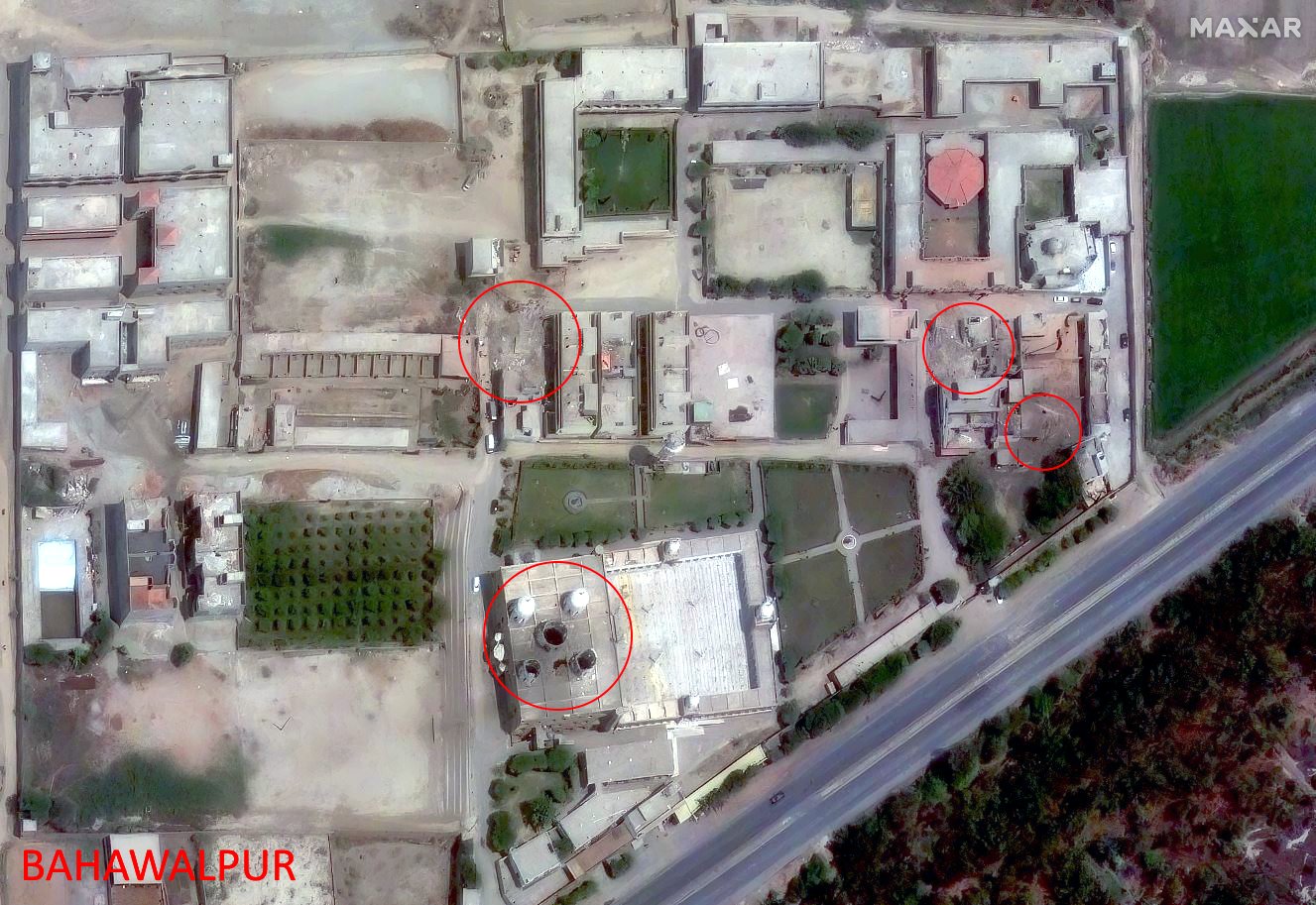Dear Express Explained reader, Top of the news this week have been the disputes over the places of worship in Varanasi and Mathura, both of which are seeing renewed activity in courts. In the Kashi Vishwanath Temple-Gyanvapi Mosque case, the Supreme Court on Friday transferred the matter to the Varanasi district judge from the court of the civil judge (senior division). The court also said that a law passed by Parliament in 1991 did not stand in the way of a survey of the complex ordered by the civil judge, to which the mosque committee has objected. Ananthakrishnan G wrote about this law, The Places of Worship (Special Provisions) Act, 1991, earlier in the week — what it says, the context and circumstances in which it was passed, and the challenges that it already faces in court. In Mathura, a district judge has allowed the resumption of a lawsuit on the ownership of a 13.77-acre plot of land on which the Katra Keshav Dev Temple stands, separated by a wall from the Shahi Idgah mosque, which was built on the order of Emperor Aurangzeb allegedly after razing a temple that stood at the site of the supposed birthplace of Lord Krishna. Apurva Vishwanath recalled the history of litigation over the dispute, including an agreement that the parties representing the mosque and temple entered into in 1968, which is now sought to be nullified. I'd also recommend you check out two lovely features that Apurva and Lalmani Verma wrote for today's print edition, letters from Mathura and Varanasi respectively, reporting from the ground how ordinary people in these two cities are reacting to what many fear is the next brewing storm in the politics of Hindutva; and Maulshree Seth's report from Lucknow on the growing demand to rename the capital of Uttar Pradesh after Laxman, the brother of Lord Ram, and claims that ancient remains lie buried under a mound on which stands the city's landmark Tile wali Masjid. On the economy, do read Harish Damodaran's piece on the impact of price volatility, in which he explained the nature of food inflation, distinguishing the 'normal' rise in prices from what we are seeing now, and arguing that food inflation is a problem when concentrated within a relatively short period (such as in edible oils) and spread across commodities (wheat is the latest addition). Harish also wrote, along with Gopal Kateshiya, on the prices of cotton, which have doubled compared to last year, and explained the stages in the production of the crop and its yarn, the reason why prices are up, and why it may still not be a good idea to consider restrictions on export, as some have been demanding. Stay safe and stay aware. Keep reading The Indian Express Explained. Some of our content is now behind a paywall, so if you haven't subscribed to The Indian Express yet, this may be the perfect time to do so. Click here to subscribe. Sincerely, Monojit (monojit.majumdar@expressindia.com) If you received this newsletter as a forward, you can subscribe to it here | Do read our Explained articles here | 
No comments:
Post a Comment